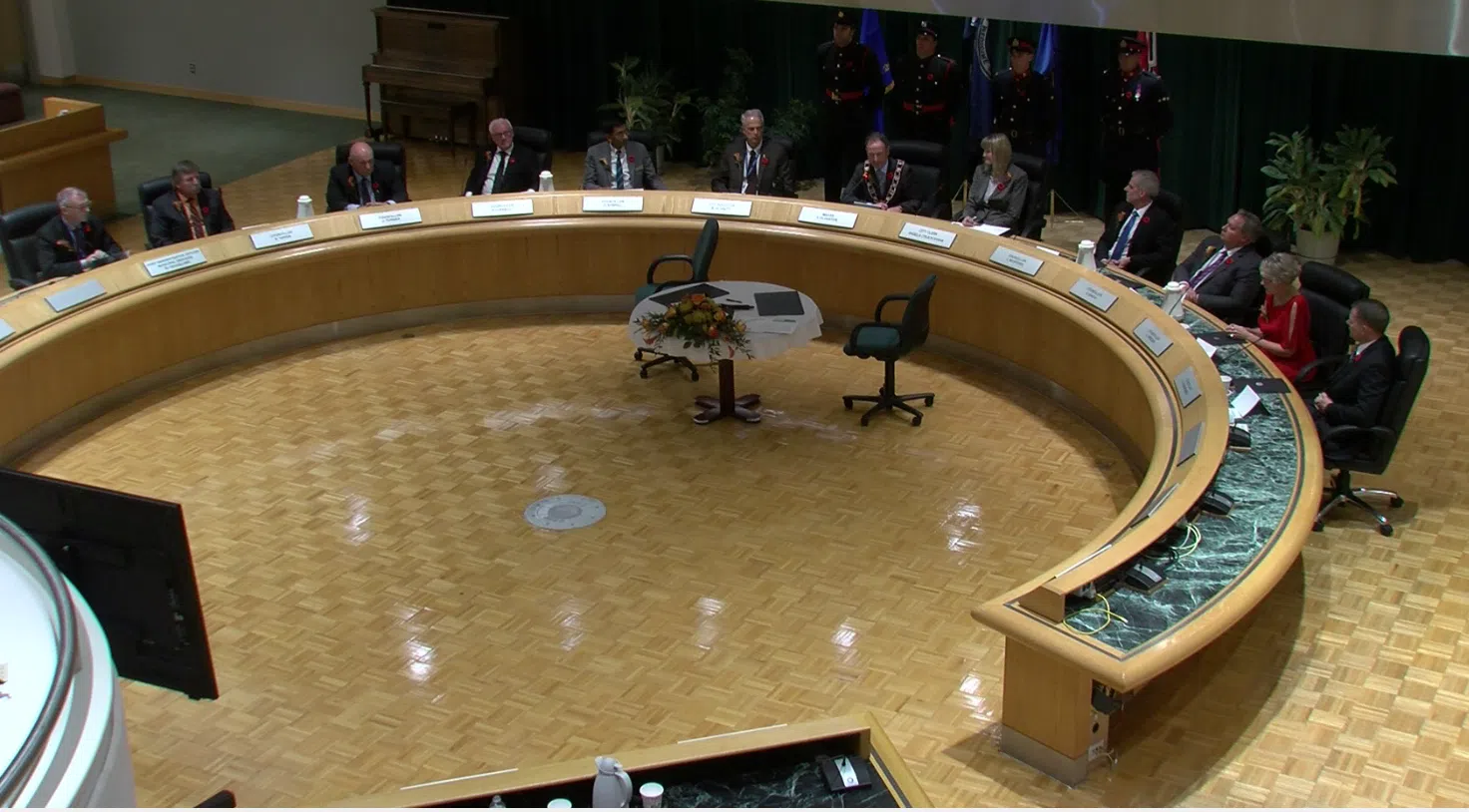
Council approves new four-year utility fee, set to begin in 2019
MEDICINE HAT, AB – Turning on a lamp or heating your home will cost you more in Medicine Hat beginning in January.
On Tuesday, Medicine Hat Council voted 8-1 to add an additional fee to utility bills over their current four-year budget cycle to fill a $16 million deficit in their budget.
Called the Municipal Consent Access Fee, it’s a cost that’s common across cities in Alberta but is usually reserved for a third-party utility such as Enmax setting up shop on city-owned property. The utility then imposes an extra cost on customers to make up the fee.
